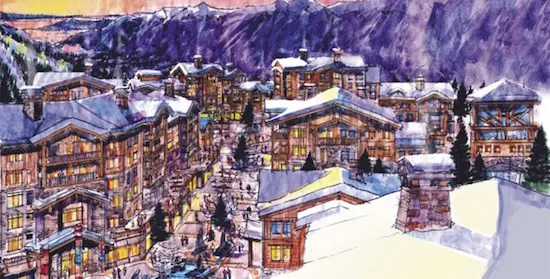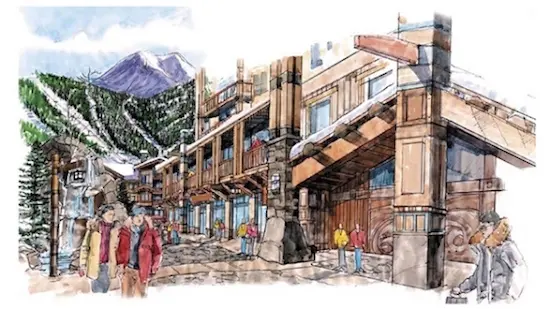New mega ski resort outside Vancouver one step closer

Metro Vancouver is one step closer to having a new mega ski resort in its backyard.

The province has issued an environmental assessment certificate for the proposed Garibaldi at Squamish resort, a major step forward for the project. The resort, situated 15 kilometres north of Squamish along the Sea to Sky Highway, is slated to have 124 ski runs and feature three villages with more than 5,000 housing and hotel units.
But don’t wax up your skis quite yet. The project still faces a long road ahead. Even under the most optimistic timeframe, it won’t be finished for at least 20 years.
The $3.5-billion resort would sit along Brohm Ridge on Mount Garibaldi, along the rim of an ancient volcano. Developers first proposed a resort at the site more than 20 years ago, setting in motion the long environmental assessment process. Concerns have focussed around disturbances to the pristine wilderness in the area, and the impact of additional growth in terms of traffic, water demands and other issues.

The new resort would be located approximately 35 minutes closer to Vancouver than Whistler Blackcomb. It’s envisioned as a four-season facility, with skiing in the winter and extensive biking and hiking options in the summer. This is partly a hedge against concerns about declining snow levels in the region and increasingly warm winters.
The resort’s more than 100 runs would be spread over 7 square kilometres of terrain serviced by three gondolas and 18 chairlifts. Its three interconnected villages would be car-free, with an assortment of restaurant, shops and hotels. This would all be linked to the nearby municipality of Squamish by transit.
Construction of the resort is expected to provide 2,000 jobs. Once operating, it will provide 4,000 jobs and produce $49 million in tax revenue, according to the CBC.
Forty separate conditions were imposed on the project as part of the environmental assessment, according to the Vancouver Sun. Requirements include strict limits on the pumping of groundwater, plans to reduce conflicts with bears and provisions for employee housing. The project enjoys the support of the local Squamish First Nation, though the Squamish council continues to oppose it amid concerns about smart growth and impact on wildlife.

Into
scenic
spots?
Get
ideas.